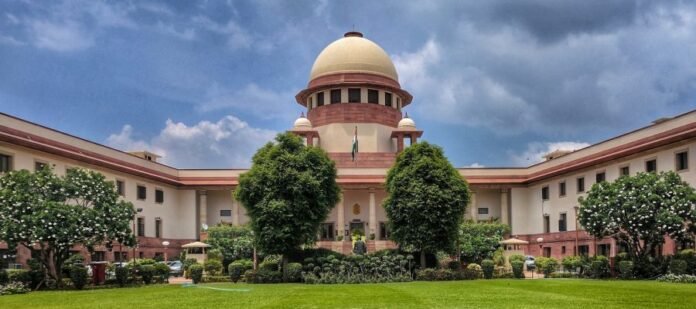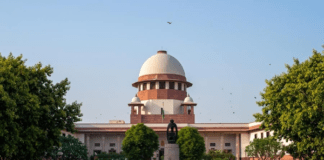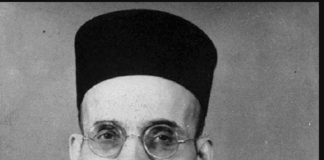The Supreme Court affirms that Article 32 allows death sentence reviews if procedural safeguards—like those in the Manoj judgment—are breached.
Supreme Court Empowers Article 32 Petitions to Uphold Capital Punishment Safeguards
In a landmark judgment reaffirming constitutional protections even in the gravest of crimes, the Supreme Court of India has held that a death sentence may be reopened through an Article 32 petition if procedural safeguards are violated. The ruling came in the case of Vasanta Sampat Dupare vs Union of India and Another, where the Court overturned the sentence of a man convicted of the rape and murder of a four-year-old girl, citing failure to apply the safeguards outlined in the Manoj judgment.
Article 32 as a Corrective Constitutional Tool
The three-judge bench observed:
“The writ petition is allowed. Therefore, we hold that Article 32 of the Constitution empowers this Court in cases related to capital punishment to reopen the sentencing stage where the accused has been condemned to death penalty without ensuring that the guidelines mandated in Manoj were followed.”
This recognition of Article 32 as a corrective and not merely remedial mechanism significantly strengthens the jurisprudence surrounding capital punishment safeguards. The ruling directly aligns with the Court’s role in upholding Articles 14 and 21, which guarantee equal treatment before the law and protection of life and personal liberty.
Background: Dupare’s Conviction and Sentence
Dupare was convicted of a heinous act involving the kidnapping, rape, and murder of a minor in 2008. He was sentenced to death by the trial court, a decision later upheld by the Bombay High Court and subsequently the Supreme Court in a criminal appeal. The conviction itself was not in question in the Article 32 petition. Instead, the petitioner contested that his sentencing lacked the individualised and comprehensive evaluation mandated under constitutional norms and Supreme Court guidelines.
The Manoj Judgment: A Turning Point in Death Penalty Jurisprudence
The Court’s reliance on the Manoj & Ors vs State of Madhya Pradesh (2022) judgment is pivotal. In that ruling, the bench underscored that sentencing in death penalty cases must be individualised, taking into account mitigating factors, socio-economic background, and psychological assessments before deciding on the death penalty.
The failure to apply these standards in Dupare’s case was considered a breach of procedural fairness and constitutional due process. The Court noted that:
“This corrective power is invoked precisely to compel rigorous application of the safeguards laid down in Manoj, ensuring that the condemned person is not deprived of the fundamental rights…”
Implications for Future Death Penalty Cases
The ruling has profound implications for capital sentencing jurisprudence in India. It signals a strong constitutional commitment to due process, even for those convicted of the most severe crimes.
Legal experts note that this judgment will likely lead to a wave of Article 32 petitions challenging death penalties where procedural lapses occurred in the sentencing phase. It also puts a renewed onus on trial and appellate courts to strictly apply the Manoj safeguards before confirming a death sentence.
This decision is especially significant in light of India’s checkered history with death penalty jurisprudence, where inconsistencies in sentencing and lack of access to quality legal aid have long been criticised.
A Balance Between Justice and Fairness
While the verdict has been lauded for reaffirming constitutional rights, it has also reignited debates around the morality and administration of the death penalty. Critics argue that even procedural scrutiny can lead to delays in delivering justice. However, the Court’s message is clear: constitutional guarantees cannot be diluted, regardless of the crime’s gravity.
In Context: Procedural Safeguards are Not Technicalities
The Supreme Court’s ruling serves as a stern reminder that procedural safeguards are not technical formalities, but foundational to justice delivery in a constitutional democracy. The use of Article 32 as a tool for constitutional correction elevates its significance beyond academic debate.
For further developments on this case and others involving constitutional and criminal law, visit The Legal Observer’s National News section.
To explore deeper legal insights, opinions, and evolving judicial trends, you can also refer to our curated Views section, or get assistance via the Legal Helpline.
Stay updated with the latest verdicts and legal developments through The Legal Observer YouTube Channel, where expert panels break down key rulings.
Internal Links Embedded:
External Link Embedded:
YouTube Channel – The Legal Observer





